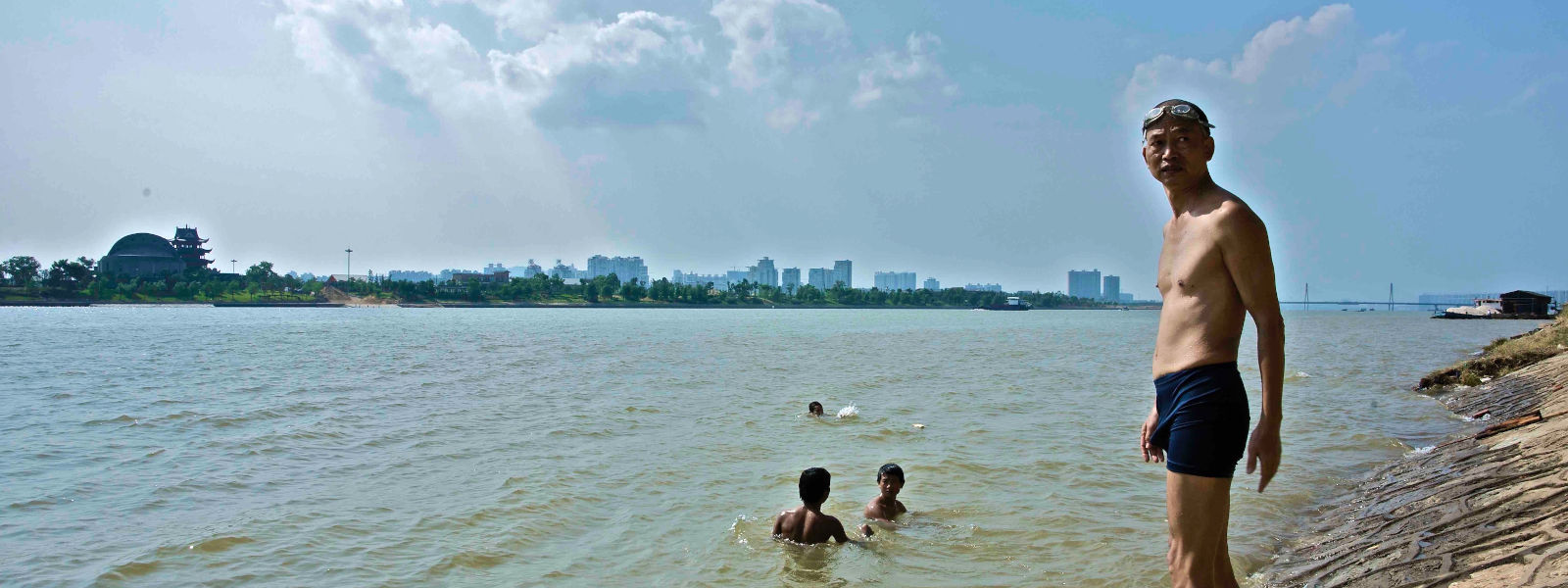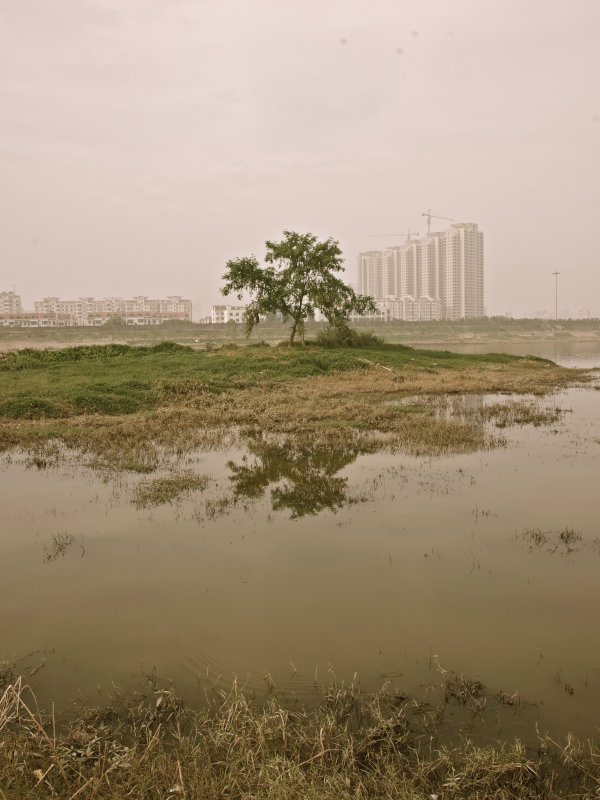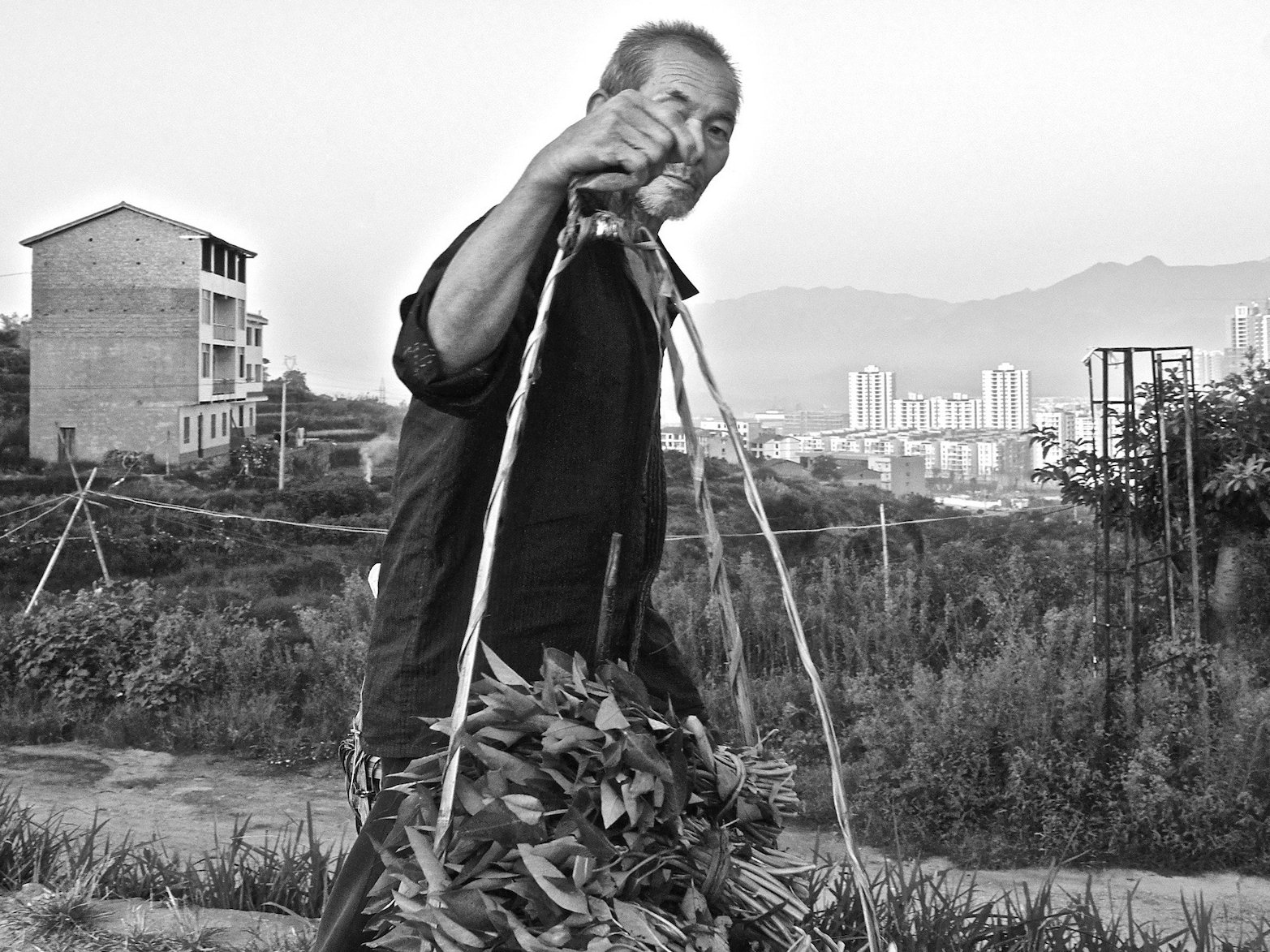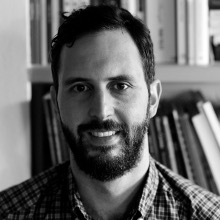Lab on Area studies for Sustainability Transformations (LAST)

Roots and vision
This Lab stems from the professional experience and personal stories of a group of researchers and practitioners, concerned for the relentless loss of biological and cultural richness in the Anthropocene era. Along with systems thinking, we trace the roots of this crisis in extractive, ego-centric mental models that for centuries have been shaping cultural, socioeconomic, and political structures.
Against this background, our goal is to unearth the potential of language-based area studies to comprehend and nurture sustainability transformations. Area studies are a meaningful platform to research and redefine values, world-views, and institutions shaping social-ecological systems. As such, this field of study can provide meaningful contributions to the ongoing relational turn of sustainability science.
Towards this end, we intend to leverage methodological, intellectual, and ethical features rooted in the practice of area studies:
- the openness to inter- and trans-disciplinary approaches;
- the centrality of context and place – a tool to challenge placeless, one-fits-all recipes for development;
- the ethical and emotional attachment to places we study and live in – an attitude which can nurture a caring attitude, as with any place we consider home.
Calls and opportunities
- Phd position on sustainability and political ecology (deadline May 23, 13:00 CET): The Department of Asian and North African Studies invites phd transdisciplinary research proposals on sustainability and political ecology, with a focus on Asian and/or African countries Ecology of Asia and Africa. The successful candidate will benefit from collaboration with the LAST cluster in political ecology. Link to the call here (check at page 37).
- LAST members Marc Foggin and Daniele Brombal invite contributions to the special issue of the journal Sustainability, titled "The Roles of Culture and Values in Sustainable Development". Detailed information about submissions and the editorial process can be found at the special issue webpage.
Ongoing research
The Lab is organized in two trans-disciplinary clusters, one focusing on eco-linguistics and the other on political ecologies of Asia and Africa.
Eco-linguistics cluster
The eco-linguistics cluster was launched in early 2022. Its goal is to contribute to our understanding of how language and discourses impact on environmental perception and decision-making. Members of this cluster are developing a framework of ecolinguistics analysis, applicable to Chinese texts employed in environmental impact assessments and in sustainability reporting.
Political ecology cluster
The political ecology cluster encompasses projects exploring alternatives to mainstream, extractivist patterns of development. A considerable part of these activities focus on the Belt and Road Initiative (BRI) – a large China-led infrastructural scheme spanning throughout Eurasia and Africa, epitomizing current trends of development-driven biological and cultural diversity loss.

Collaboration and synergies
The Lab benefit from the wisdom and experience of a large network of people working within academia, the non-governmental, and consultancy sectors. At present, we collaborate closely with members of the ICCA Consortium, the EJ Atlas project and the Re-Imaginary Collective.
At UNIVE, the Lab has been operating in synergy with the Marco Polo Centre on Global Europe Asia Connections (MaP) through the project Social-Ecological Transformations along the Belt and Road Initiative, CHINGREEN, the Ecolinguistics for Green Transitions PON project, as well as with the PhD programme in Asian and African Studies, and the community of students and faculty established around our MA in Environmental Humanities.
The Lab runs on a series of ad-hoc national and EU funding, provided by the Ca’ Foscari regular budget, the MIUR Departments of Excellence program, the EU MSCA actions, the National Operative Programme on Research and Innovation, and the National Recovery and Resilience Plan (NRRP).
Volunteering, internship work, and unusual collaborations play a vital role as well: if you are interested in contributing, feel free to contact the Lab Coordinator at daniele.brombal@unive.it.

Activities and events
2024
- July 17-19 - 7th Corpora & Discourse International Conference (CADS24) | Environmental Sustainability in the ESG Reports of Chinese Listed Companies: A Preliminary Corpus-assisted Analysis from an Ecolinguistic Perspective
As members of the LAST ecolinguistics cluster, Sergio Conti, Laura Locatelli, Daniele Brombal, and Pui Yiu Szeto will be presenting their project at the CADS Conference in Innsbruck, Austria, from July 17th to 19th, 2024. Using cutting-edge corpus analysis tools, they have investigated ESG reports issued by Chinese companies, uncovering a heterogeneous tendency in the language patterns adopted. These variations, linked to both a company’s commitment to the Sustainable Development Goals (SDGs) and its ownership structure, offer a unique lens for understanding the diverse approaches Chinese corporations take to environmental practices.
2023
- June 19-24 - LAST Lab at the XIX Biennial Conference of the International Associations for the Study of the Commons, Nairobi
- June 15-18 - LAST Lab co-hosts the Environmental activists roundtable [ITA] at Cansiglio InVita Forest festival, in collaboration with Padova University
- May 16-18 - First PhD training Teaching Block on Area Studies as a Transformative Process carried out, with the design and facilitation by Daniele Brombal and the participation of LAST members Kesang Thakur and Laura Locatelli
2022
Outputs
- Ecolinguistic Indicators for Chinese Language, 2024.
Brombal, Conti, Szeto, Lexical indicators for Chinese language ecological discourse analysis: Design and testing of a novel framework, Language Sciences 104, 2024
| From resistance to transformation, 2023 Cui and Brombal. "From resistance to transformation – Exploring the transformative potential of environmental resistance practices". Philosophy and Social Criticism 49, 5, 2023 | 1.97 M | |
| Ecolinguistics Analysis of an Environmental Impact Assessment, 2023 Brombal, Szeto, Conti, Unveiling the language of ideology in China's environmental planning, Annali Serie orientale 59, 2023 | 0.99 M | |
| Financialization of Nature, 2022 Narrative report of the workshop "Financialisation of Nature, Green Investments and Biodiversity Conservation", Ca' Foscari University of Venice,14-15 April 2022 | 765 K |
People
Lab coordinator
- Sergio Conti, Researcher, Roma Tre University
- Pui Yiu Szeto, Researcher, UNIVE
- Laura Locatelli, PhD Candidate, UNIVE
- Maria Stella Burgio, PhD Candidate, UNIVE
- Valeria Carla Cavezzali, MA Student, UNIVE
- Marc Foggin, Director, Plateau Perspectives; Research Associate, University of British Columbia
- Giulia Dal Maso, MSCA fellow, UNIVE and National University of Singapore (projetc: CHINGREEN)
- Mengmeng Cui, Phd candidate, Instituto de Ciências Sociais da Universidade de Lisboa
- Kesang Thakur, Phd candidate, UNIVE
- Ali Razmkhah, Phd candidate, UNIVE; Regional Coordinator at CENESTA & ICCA Consortium
- Chiara Bartoletti, PhD Candidate, UNIVE
- Anastasiia Rudkovska, MA student, Oxford University, University College London (UCL)
- Daniela Del Bene, Affiliated researcher, NICHE
Last update: 11/07/2024

